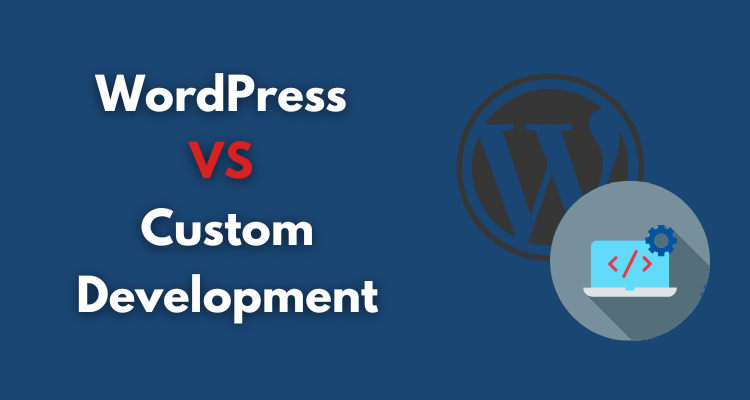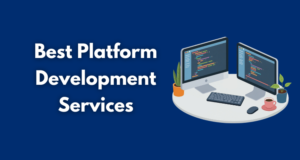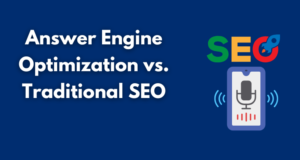Every business building a website faces the same question. Should you use WordPress, the platform that powers over 40% of all websites? Or should you invest in custom development built specifically for your needs?
This decision affects your budget, timeline, and how well your website serves your business for years to come. There’s no universal right answer. The best choice depends on what your business actually needs, what you can afford, and where you’re heading.
Table of Contents
ToggleWhat WordPress Offers
WordPress started as blogging software but has evolved into a complete website platform. It’s open source, which means the core software is free. You install it on web hosting, choose a design theme, add plugins for features, and start creating content.
The main advantage of WordPress is simplicity. You don’t need to know how to code to build and manage a WordPress site. The admin interface is straightforward. Your marketing team can update content without calling a developer. Thousands of themes provide ready-made designs. Over 60,000 plugins add features like contact forms, e-commerce, SEO tools, and galleries.

WordPress also gets you online quickly. A skilled developer can build a WordPress site in weeks rather than months. The cost is lower because you’re not building everything from scratch. For small businesses, startups testing ideas, or anyone who needs a standard website fast, WordPress makes practical sense.
However, WordPress has limits. Performance can suffer when you add many plugins. Popular plugins sometimes conflict with each other. Security requires constant attention because hackers target WordPress specifically. Customizing beyond what themes and plugins offer gets complicated. High-traffic sites often struggle with WordPress performance even with optimization.
What Custom Development Provides
Custom development means building your website from scratch using programming languages and frameworks. Everything is coded specifically for your requirements. You’re not constrained by themes or plugins. You get exactly what you need, nothing more and nothing less.
The biggest advantage is flexibility. If you can imagine it, developers can build it. Your design can be completely unique. Complex features that don’t exist as plugins become possible. Performance gets optimized for your specific use case without unnecessary code slowing things down. Security is built to your standards without relying on third-party plugins.

Custom development also scales better. When your traffic grows, the architecture handles it more efficiently. You control the entire codebase, so you’re not dependent on plugin developers who might abandon their products. Integration with other systems happens exactly how you need it.
The downside is cost and time. Custom development requires bigger upfront investment. Projects take months instead of weeks. You need skilled developers not just to build but also to maintain the site. Updates and new features require development work rather than installing a plugin.
Making Your Decision
Start by honestly assessing your needs. A small business that needs an informational website with a blog probably doesn’t need custom development. WordPress handles this perfectly well at a fraction of the cost.
On the other hand, if you’re building a web application, need truly unique functionality, or operate at high scale, custom development makes more sense. When your website is central to your competitive advantage, the investment in custom work pays off.
Budget matters, but think beyond the initial cost. WordPress might be cheaper upfront but require ongoing plugin licenses, security monitoring, and periodic redesigns as you outgrow themes. Custom development costs more initially but can be more cost-effective over several years if your needs are complex.
Timeline is another factor. If you need to launch quickly to catch a market opportunity, WordPress gets you there faster. If you can invest time in building the right foundation, custom development provides that.
Many businesses work with professional website development services to navigate this decision. Experienced developers assess your requirements objectively and recommend the approach that actually fits your situation. They can explain the long-term implications of each choice and help you avoid expensive mistakes. Some projects even benefit from hybrid approaches, like using WordPress for content management with a custom frontend design.
Questions to Ask Yourself
Do you need features that don’t exist as WordPress plugins? Is your website’s performance directly tied to revenue? Will you handle massive traffic volumes? Do you have complex integrations with other business systems? Does your industry have strict security or compliance requirements?
If you answered yes to several of these questions, lean toward custom development. If your needs are more standard, WordPress probably works well.
Moving Forward
Both WordPress and custom development power successful businesses. The platform matters less than choosing the right one for your context and executing well. Take time to define your requirements clearly. Be realistic about your budget and timeline. Consider where your business will be in three to five years, not just today.
The worst choice is picking based on assumptions rather than actual needs. Understand what you’re building, why it matters to your business, and what approach serves those goals best. Then commit to your decision and focus on building something valuable for your customers.










